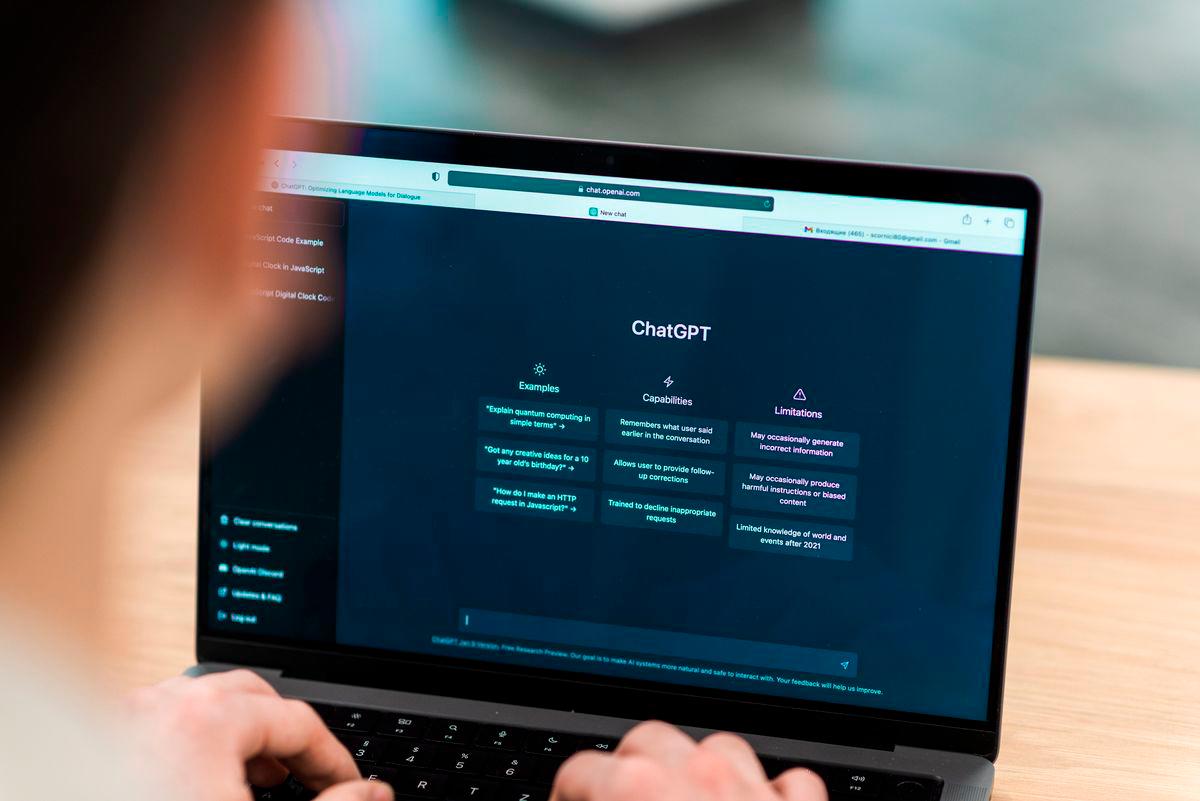PETALING JAYA: With artificial intelligence tools increasingly used by students to complete assignments, academic institutions are stepping up efforts to detect AI-generated content, viewing it as a growing threat to academic integrity.
Universiti Teknologi Mara College of Computing, Informatics and Mathematics (computer science) head Assoc Prof Dr Nor Shahniza Kamal Bashah said while AI has the potential to enhance learning, its use raises important questions about integrity, policy and fairness.
She noted that academics recognise AI’s benefits, such as helping generate engaging content, guiding students to accurate answers and correcting coding errors.
“Currently, there’s no specific policy or guideline governing responsible or acceptable AI use in academic work.
“Institutions typically monitor the similarity index to ensure it remains below 30%, but now many also use AI detectors to assess how much of a student’s work may have been generated by tools such as ChatGPT.”
Nor Shahniza said students at the university are required to use Turnitin, which now detects both similarity and the percentage of AI-generated content.
“In most cases, if a student’s work shows a high percentage of AI-generated text, they will be asked to revise and resubmit their assignment until the AI score is brought down.”
She warned that misusing AI, such as submitting AI-generated work without disclosure, relying entirely on it to complete assignments or using it to bypass learning objectives, undermines academic integrity.
“Such actions can violate academic policies and may result in disciplinary consequences, similar to plagiarism.
“AI is here to stay, but so is the importance of academic honesty. As students navigate this new landscape, learning to use AI wisely is essential to remain innovative and ethical.”
Theatre student Alini Anak Dolly, 22, said she occasionally uses tools such as ChatGPT or Google Gemini, mainly to generate ideas and improve her writing.
“I think AI helps me understand certain topics better because it explains things in ways that suit my learning style. Not everyone processes information the same way.”
She is aware of her university’s policy on AI use and believes it is fair, valuing the balance between using technology and building her own skills.
Directing in Film student Muhammad Azim Irfan Bahtiar, 22, shared that he often turns to AI tools when struggling to begin assignments.
“Sometimes I also ask it to explain theories or terms I don’t understand. It’s like a study buddy that guides me or explains things better than some textbooks.”
Commenting on the use of AI detectors by lecturers, he said the aim is to ensure students do not simply copy AI-generated answers.
“But not all AI use is cheating. Sometimes, detectors aren’t always accurate and can flag original work unfairly. Instead of relying solely on these tools, it’s better to teach students responsible AI use and foster mutual trust.”









